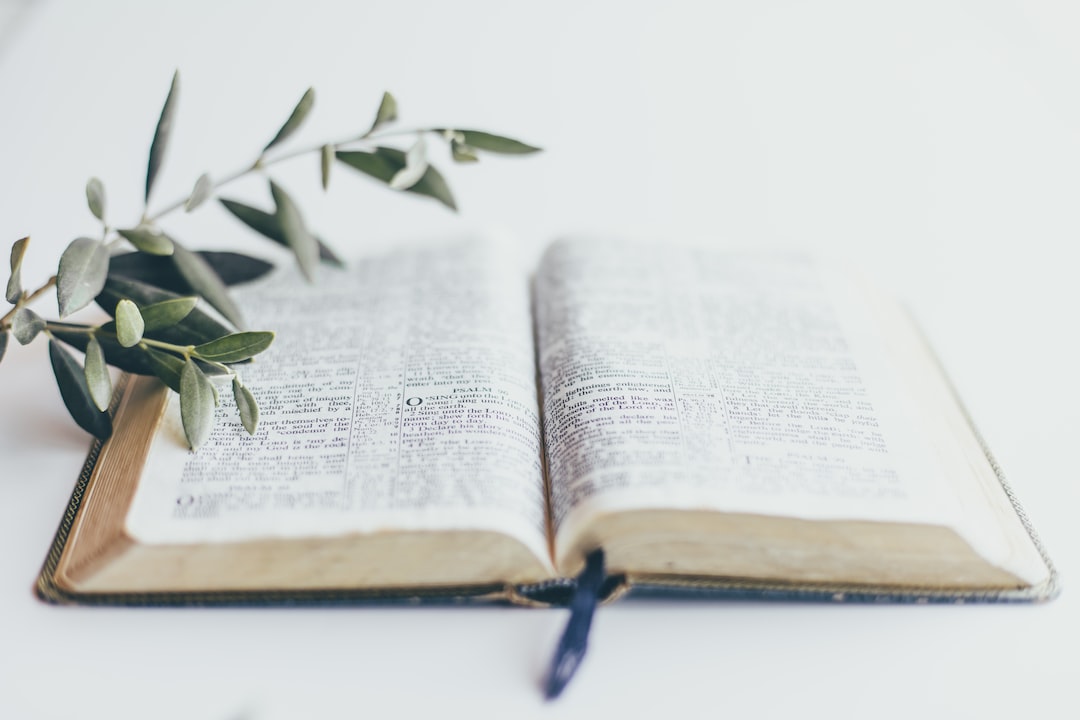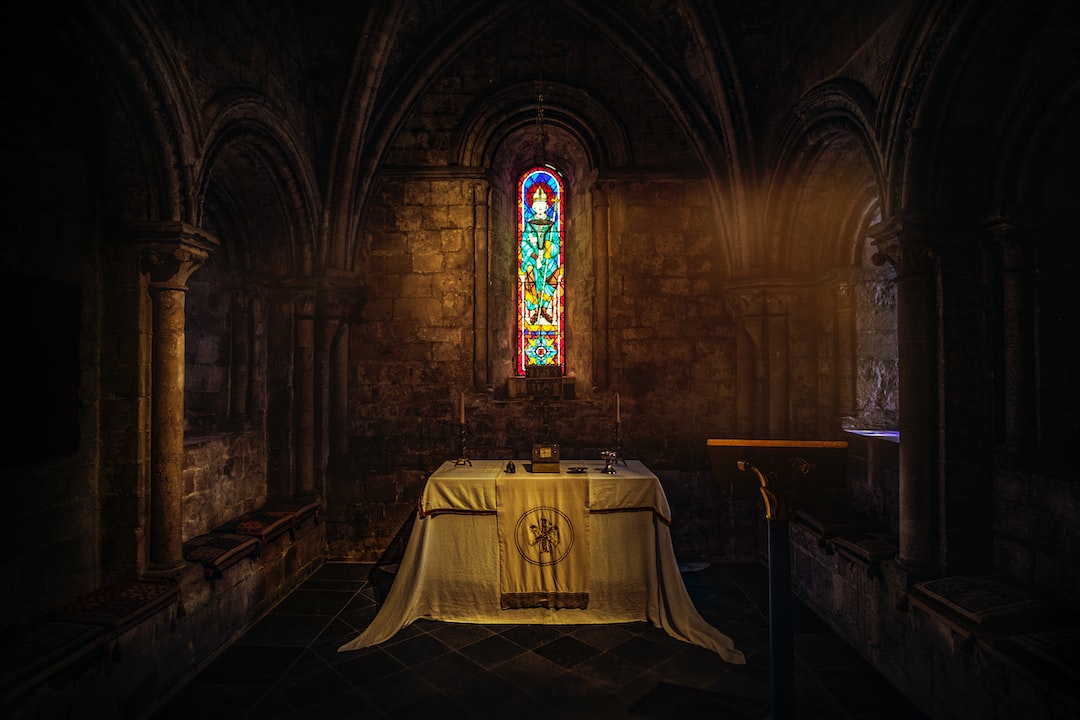Nurturing Spirituality in Children: Tips for Parents
In today’s fast-paced and busy world, it can be challenging for parents to cultivate spirituality in their children. However, fostering a sense of spirituality at a young age is essential for their overall well-being and development. Spirituality provides a sense of purpose, connection, and inner peace, contributing to their emotional and mental growth. Here are some tips for parents on how to nurture spirituality in their children.
1. Be a Role Model
Children learn through observation, so it is crucial for parents to be a positive role model of spirituality. This can be as simple as engaging in daily self-reflection, practicing mindfulness or meditation, or expressing gratitude in your daily life. When children see their parents embodying spiritual values, they are more likely to follow suit.
2. Encourage Questions and Exploration
Children are naturally curious, and it’s important to create an environment that promotes their curiosity about spirituality. Encourage them to ask questions and explore different belief systems. Let them know that it’s okay to have doubts and that spiritual journeys are personal and unique. Be open to their inquiries and provide them with age-appropriate answers that encourage critical thinking.
3. Teach Values and Virtues
Spirituality often encompasses a set of values and virtues that guide one’s actions. Teach your children about compassion, kindness, empathy, honesty, and respect for others and the environment. Encourage them to exhibit these values in their day-to-day life. Engaging in acts of service and speaking about the importance of doing good for others helps children develop a sense of spirituality rooted in love and compassion.
4. Introduce Rituals and Traditions
Rituals and traditions play a significant role in fostering spirituality. They provide a sense of continuity and allow children to connect with their heritage and culture. Create rituals that align with your family’s beliefs and values, such as lighting a candle for quiet reflection or offering gratitude before meals. Participating in religious or cultural ceremonies also helps children understand and embrace their spirituality.
5. Nature as a Source of Spirituality
Nurturing a connection with nature can be a powerful way to cultivate spirituality in children. Encourage them to spend time outdoors, explore the natural world, and appreciate its beauty. Teaching them to respect and care for nature nurtures a sense of awe and wonder, fostering a deeper connection and understanding of the universe. Nature can serve as a spiritual teacher, providing lessons on interconnectedness and the importance of living in harmony with the world around us.
6. Practice Mindfulness and Meditation
Mindfulness and meditation are valuable tools for cultivating spirituality in children. They teach them to be present in the moment, increase self-awareness, and develop inner peace. Introduce simple mindfulness exercises, such as deep breathing techniques or guided visualization, that children can easily incorporate into their daily routine. Creating a designated quiet space where they can reflect and meditate will further enhance their spiritual journey.
7. Explore Literature and Art
Introducing children to spiritual and philosophical literature can broaden their understanding and ignite their curiosity. Explore age-appropriate books or stories that touch on themes of spirituality and encourage discussion afterward. Similarly, exposing them to different forms of art, music, and poetry that elicit emotions and provoke thought can be transformative and deepen their spiritual development.
8. Foster a Broad Understanding of Spirituality
It is essential to teach children that spirituality is not limited to any particular religion or belief system. Help them recognize that there are diverse paths to spirituality and that each person’s journey is unique. Encourage them to respect and learn from different traditions and cultures, fostering a more inclusive and open-minded worldview.
Nurturing spirituality in children is a lifelong journey that requires patience and understanding. By being a positive role model, encouraging curiosity, teaching values and virtues, and embracing rituals and traditions, parents can lay a strong foundation for their children’s spiritual growth. Through the exploration of nature, mindfulness practices, exposure to literature and art, and fostering a broad understanding of spirituality, parents can help their children develop a deep sense of connection, purpose, and inner peace that will benefit them throughout their lives.










